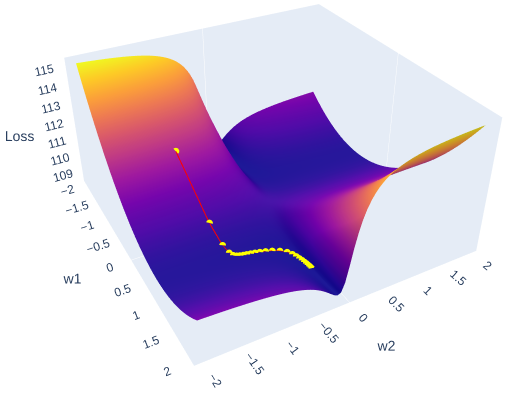Learn how to enhance business operations with AI21 Labs’ Task-Specific Models (TSMs) on AWS Marketplace. Access AI21 TSMs like Contextual Answers, Summarize, and Paraphrase in SageMaker Jumpstart for improved efficiency and accuracy.
MIT engineers have developed Clio, a method enabling robots to make intuitive, task-relevant decisions by identifying and remembering only relevant elements in a scene. Clio's capabilities, showcased in real experiments, could be crucial for search and rescue missions, domestic robots, and factory automation, according to researchers.
In 1994, Diana Duyser auctioned a grilled cheese with the Virgin Mary's image for $28,000. MIT's study on pareidolia reveals human-machine perception differences and a possible evolutionary link to survival instincts.
AI art is evolving rapidly with tools like Dall-E 3 and Adobe's Creative Cloud, enabling instant text-to-image transformations. Humans remain central to AI art through innovative games like Eat Poop You Cat, showcasing the creative potential of algorithms.
Exploring Neural Networks in Hydrometeorology: A unique approach to optimizing error surfaces in 3D using PyTorch. Learn how to visualize and interactively illustrate the steps of Stochastic Gradient Descent with plotly Python library.
AI apps like Virtual Agronomist are helping small-scale farmers like Sammy Selim in Kenya improve crop quality and yield through personalized fertiliser advice based on artificial intelligence technology. The use of chat prompts and AI recommendations is revolutionizing traditional farming methods and increasing productivity in agriculture.
Governor Newsom vetoes bill for generative AI safety testing, fearing it could drive tech companies away from California. The bill's stringent standards on large AI models may hinder innovation, according to the governor.
AI system Magic Notes records & analyzes meetings, suggests follow-up actions for social workers in England. Tool drafts letters & proposes actions for Swindon, Barnet, Kingston councils & more.
Learn how to run Rust code in constrained environments like browsers or embedded systems using WASM WASI. Follow nine rules to successfully port code, including understanding Rust targets, conditional compilation, and navigating dependency issues.
OpenAI's Strawberry, a significant advance, sparks debate on making its 'chain of thought' public. Academia ponders implications of ChatGPT on essay grading, highlighting need for adaptation to new technologies.
AI systems, like those using Vector Embeddings and LLMs, are inherently imperfect due to information loss. To address this, incorporating structured processes and metadata can help mitigate the loss and improve system accuracy.
Justine Roberts, CEO of Mumsnet, takes legal action against OpenAI for scraping content without permission. Google seeks to overhaul UK copyright law to mine content without compensation.
Former OpenAI employee William Saunders warns that the company's shift to for-profit status may compromise safety. Concerns arise over potential stakeholder influence from Sam Altman in the restructured firm.
OpenAI's ChatGPT AI assistant introduces Advanced Voice Mode, allowing users to creatively collaborate with AI in unexpected ways. Software architect AJ Smith showcases the AI's musical talent by performing a duet of The Beatles' "Eleanor Rigby," receiving praise from the AI voice.
Ars Technica and IBM host "Beyond the Buzz: An Infrastructure Future with GenAI" event in San Jose, discussing generative AI promises and challenges. Speakers address tech complexity, rapid evolution, infrastructure demands, security vulnerabilities, and environmental impacts.















